Biocultural landscapes for livelihoods
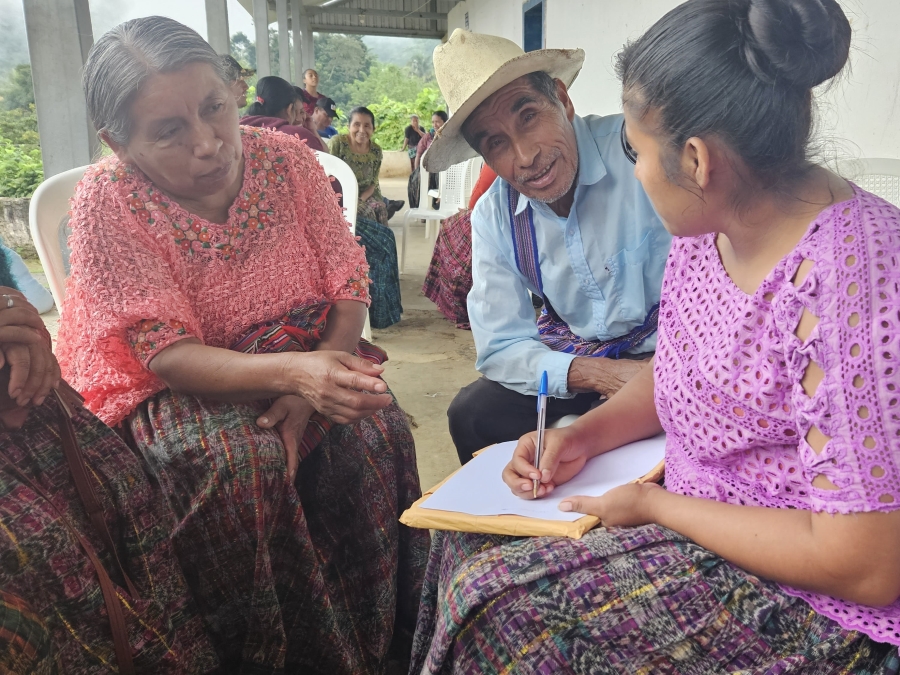
Focus group discussion at the Cooperative Camelias. Credit - Selma Ico
Biocultural landscapes for livelihoods and connectivity in Guatemala
Under this project “Indigenous Biocultural Landscapes for Livelihoods and Connectivity in Las Verapaces, Guatemala”, Natural Resources Institute (NRI) - University of Greenwich, the Federation of Indigenous Cooperatives (FEDECOVERA), and the Association of Private Nature Reserves of Guatemala, facilitated the development of the first Biocultural Protocols to be produced in Guatemala. The protocols have been the result of months of work by representatives of 10 Mayan Indigenous cooperatives. They will be an important tool for the cooperatives to determine and communicate their own plans and priorities and advocate for respect and appropriate support for their biocultural heritage.
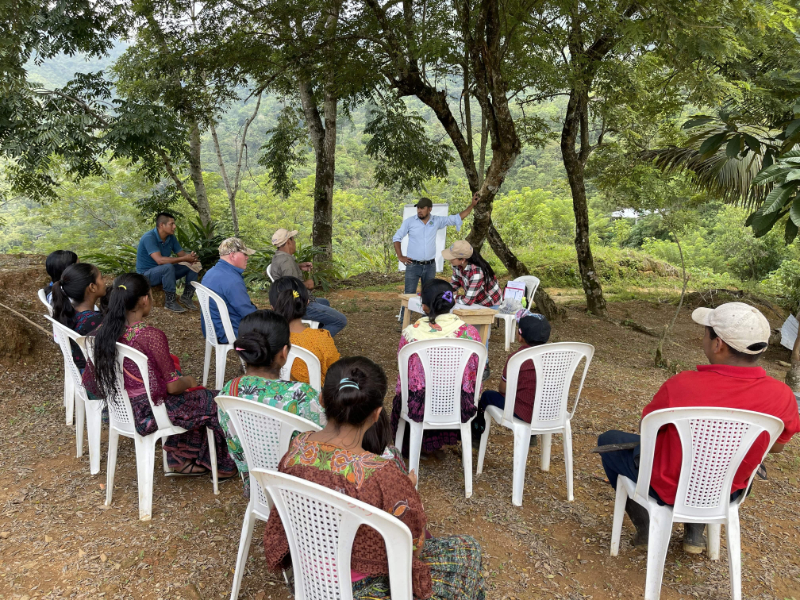
Biocultural Protocols are key instruments that recognise and empower traditional and Indigenous communities to become the main protagonists in the defence of their traditional knowledge and in the stewardship of their territories and biodiversity (biological and genetic). In partnership with Indigenous Mayan cooperatives, our team developed a methodological guide to accompany them “step by step” in the participatory construction of the protocols. Through appropriate techniques and clear and systematic methodological guidelines, cooperatives were able to autonomously develop processes for information gathering, systematisation and analysis, which, added to their forms of organisation and knowledge dissemination, resulted in protocols which are flexible and consistent with their territorial realities and collective needs.
These are four reasons why biocultural protocols are necessary to reconcile cultural heritage and biodiversity conservation:
- They provide guidance to local traditional and Indigenous communities regarding legal aspects in their condition as legitimate holders of the traditional knowledge associated with biodiversity.
- They establish rules for access and use processes of biodiversity resources and their associated traditional knowledge.
- They facilitate dialogues between local traditional and Indigenous communities and researchers, companies, government and other actors regarding access to biodiversity and traditional knowledge.
- They provide guidelines for action to achieve compliance of “free, prior and informed consent” (FPIC) for access and use of biodiversity and associated traditional knowledge and fair and equitable distribution of benefits, as supported by the Nagoya Protocol.
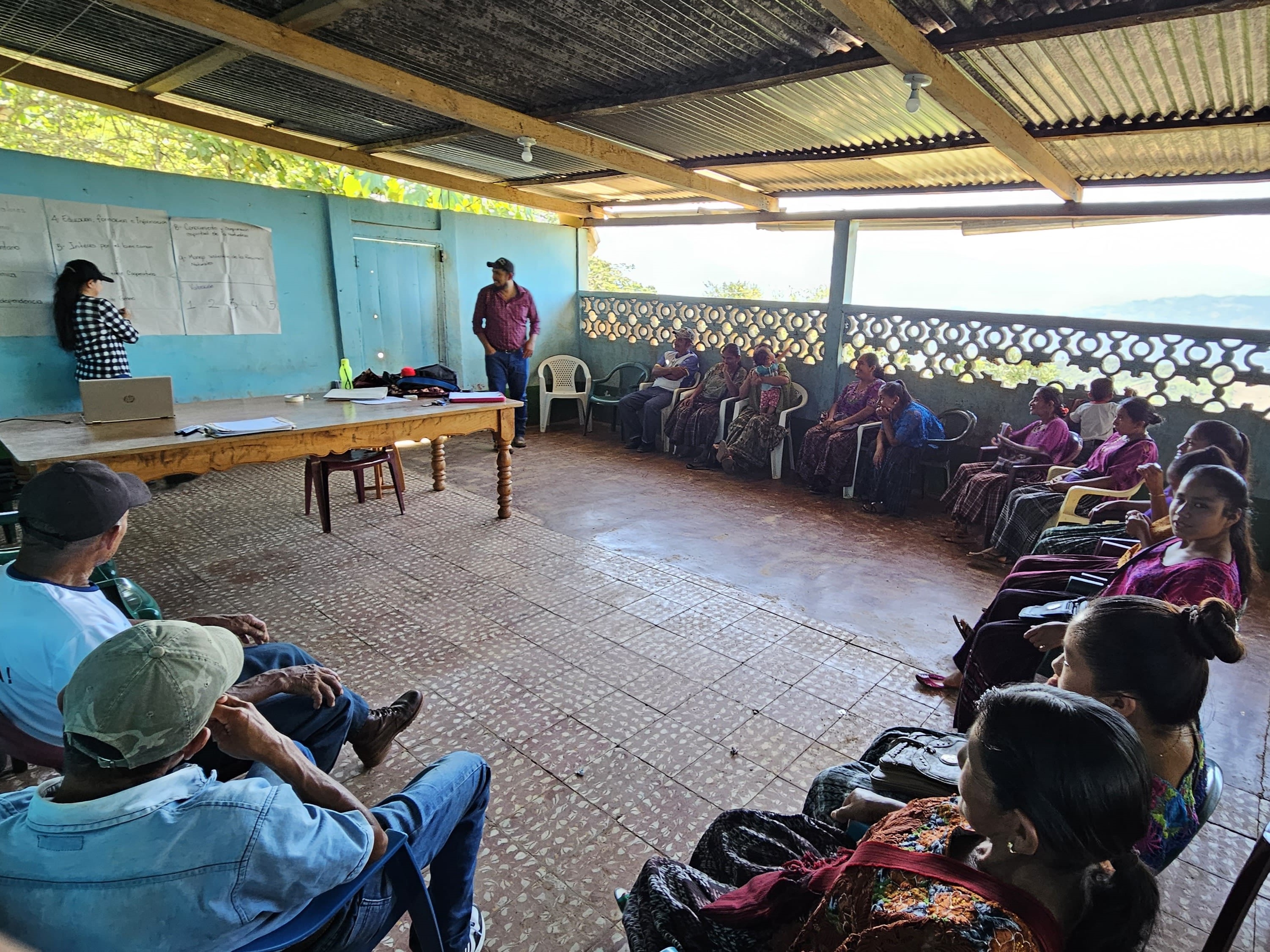
Biocultural protocols are somewhat experimental and are not without a range of challenges that we need to continue to consider, monitor, evaluate, report on, and discuss with the relevant communities, governments, researchers, and enterprises working with biodiversity and associated knowledge. First, we encountered challenges surrounding the scope of protocols and the scope (or coherence) of the cooperatives. Cooperatives are heterogeneous and so there are often competing interests and agendas about the use of natural and biological resources. Second, there were different ideas about what protocols should look like. We had originally envisaged developing highly practical protocols, in oral and visual forms such as posters, flow charts, and similar representations about what rules people accessing the cooperatives’ knowledge must follow. However, in our case, cooperatives requested that the protocols be developed as simple written manuals – and so they have been developed with this in mind. Third, the scale of protocol development was something that we have often thought about. It is not clear if other cooperatives will self-generate their own protocols unless encouraged or supported to do so in some way. Overall, we have found that protocols create interlinkages between national and international legislation and cooperative practices; as such, they form the basis of a counter-narrative that embeds Indigenous Peoples’ ownership of knowledge and biocultural rights in biodiversity conservation.

The process of developing the biocultural protocols is informing further actions in the cooperatives. In one case the cooperative is the guardian of one of the sacred hills of the Q’eqchi’ people, called Q’awa Siyab. With the support of the project, they are working to develop capacity to receive tourists interested in this heritage. In another case three cooperatives are working together with the National Council for Protected Areas (CONAP) to develop a shared management agreement to conserve the last remaining forested area that they share. The project will also be sharing the experience of development of the protocols with CONAP’s Indigenous Peoples’ office.
Written by Natural Resources Institute (NRI) – University of Greenwich, FEDECOVERA, and Association of Private Nature Reserves of Guatemala. For more information on this Darwin Initiative Main project 29-019, led by the University of Greenwich, please click here.
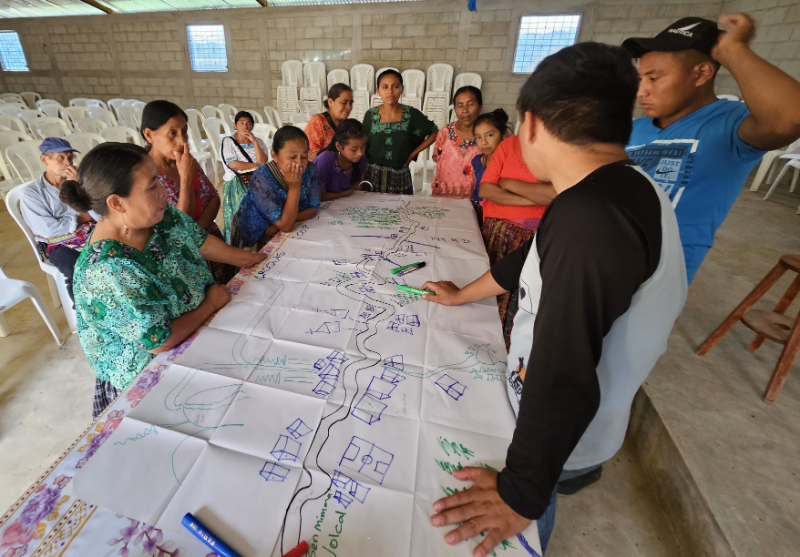
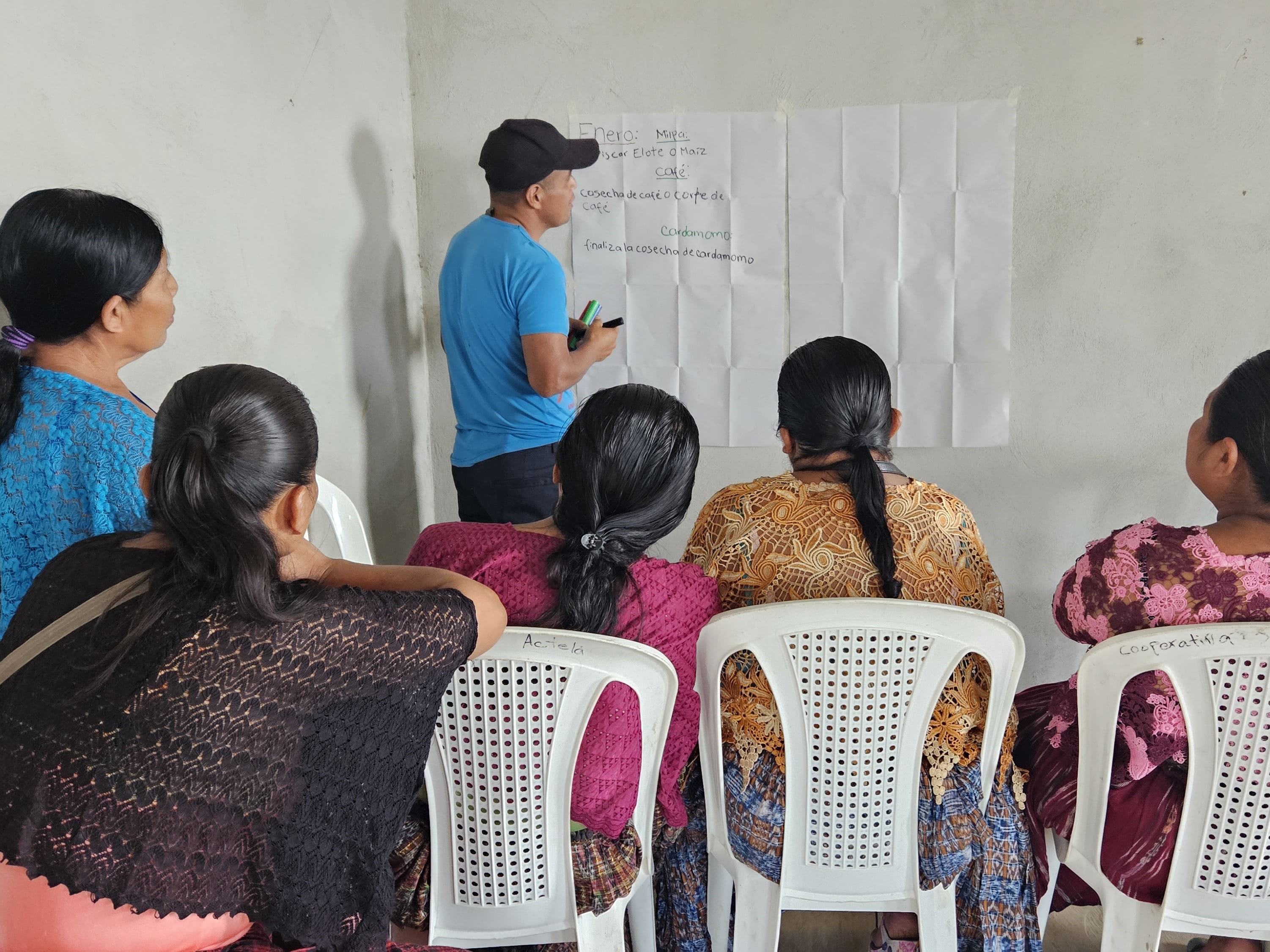
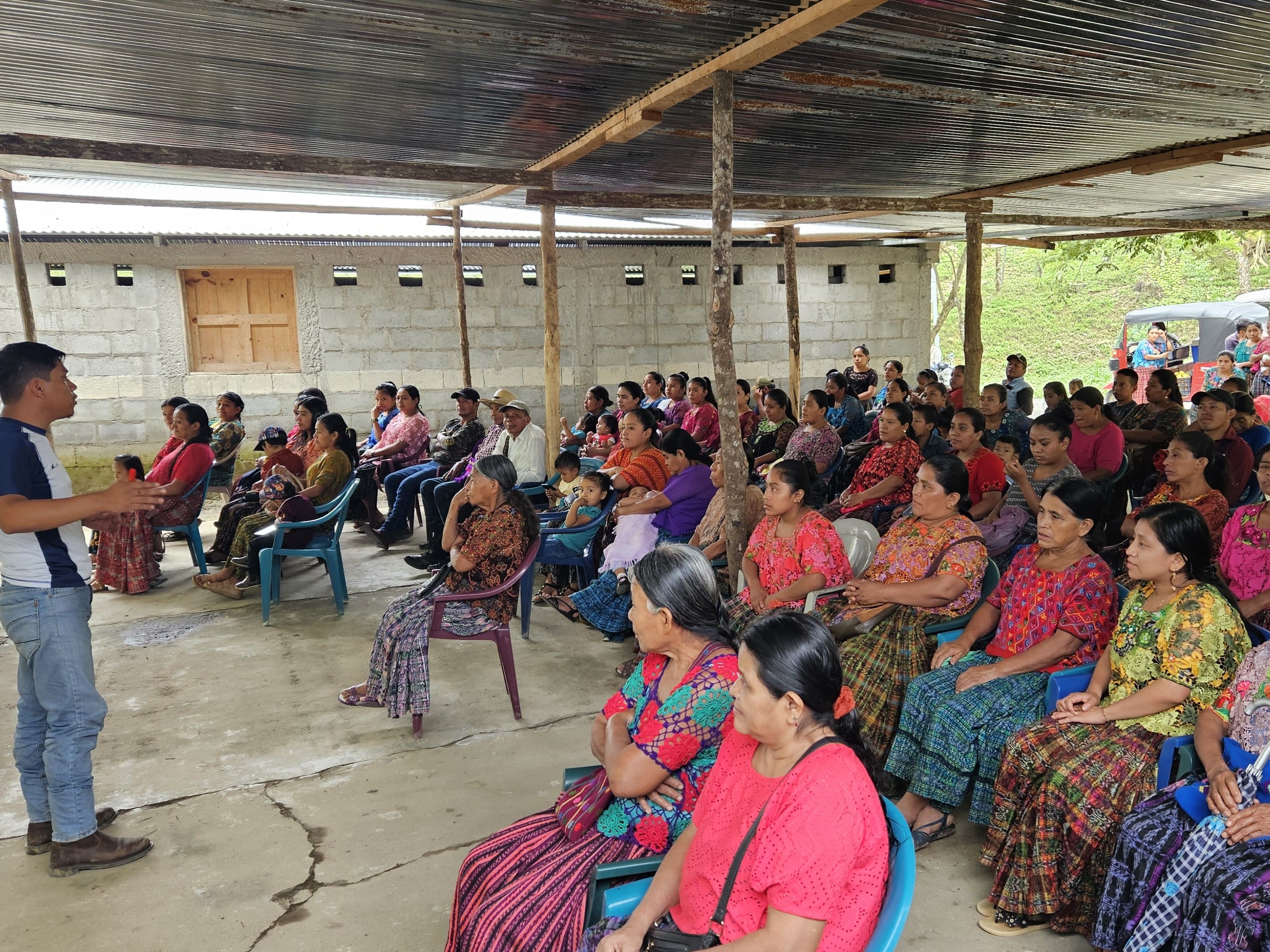
 Back
Back